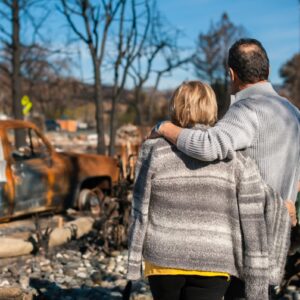In response to dangerously poor air quality caused by wildfire smoke, thousands of Minnesotans are being asked to avoid driving their cars for three days. The smoke, drifting in from wildfires, has created a thick haze over much of the state, prompting officials to request that residents keep their vehicles off the road to help reduce pollution levels.
The Smoke Behind the Request
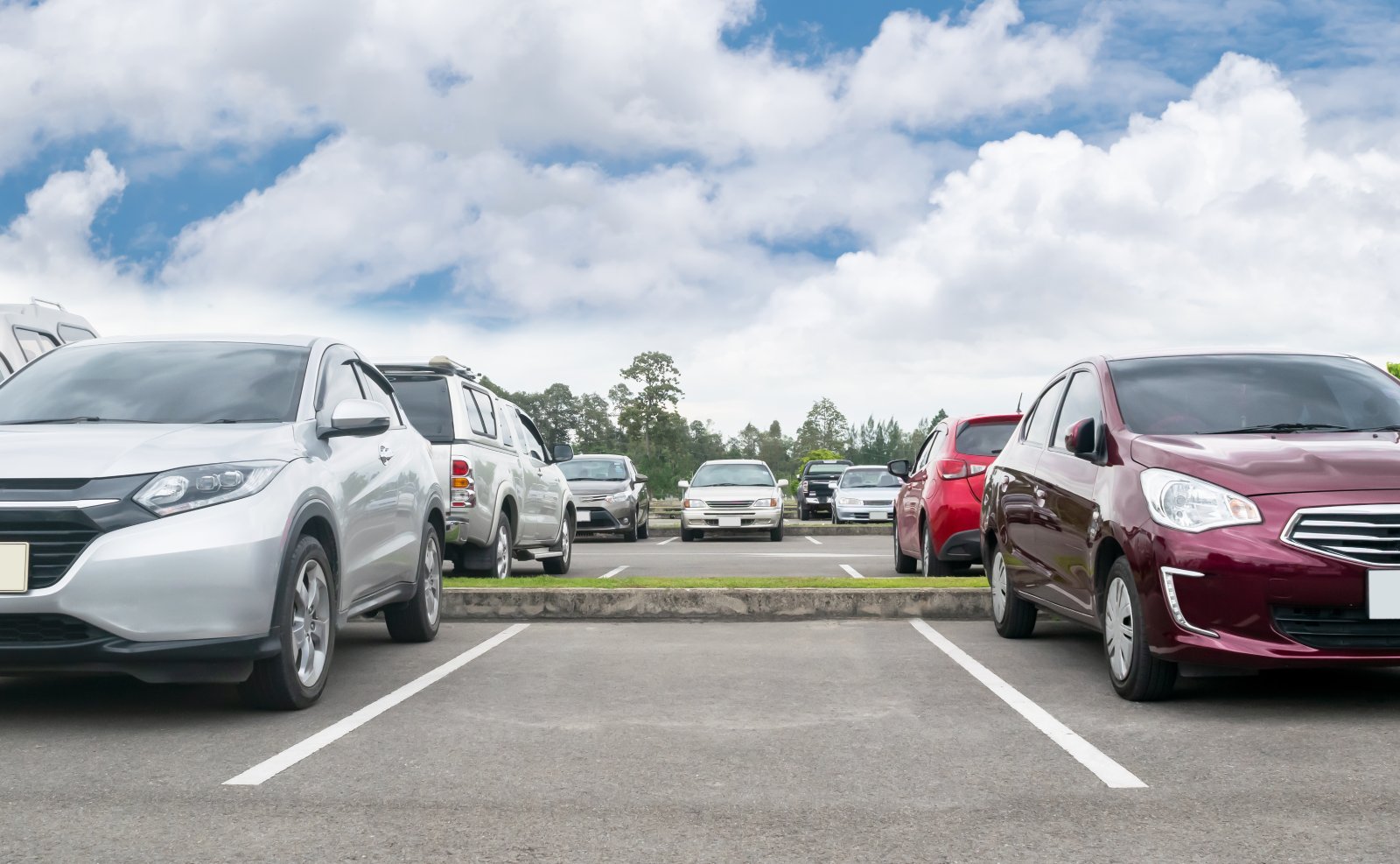
The call to park your car is more than just a traffic control measure; it’s an effort to reduce the harmful impact of wildfire smoke on public health. This smoke carries pollutants like particulate matter that can aggravate respiratory issues and lead to serious health problems. By limiting the number of vehicles on the road, officials hope to minimize additional emissions that could worsen the already hazardous air quality.
Impact on Daily Life
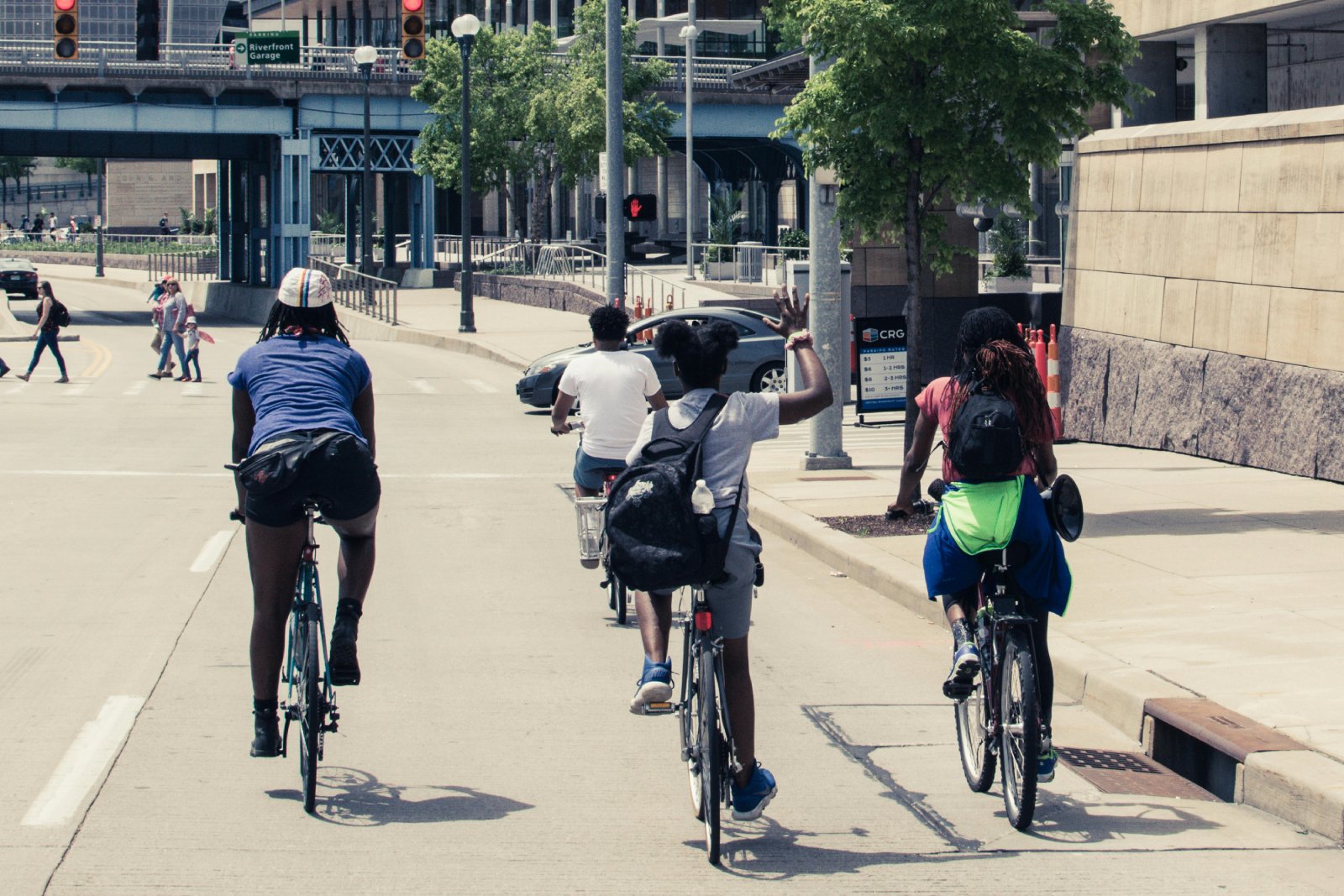
For many in Minnesota, this means significant changes to daily routines. Commuting to work, running errands, and even weekend plans may need to be reconsidered. Public transportation, biking, or staying home are being encouraged as safer alternatives during these crucial three days.
Why Now?
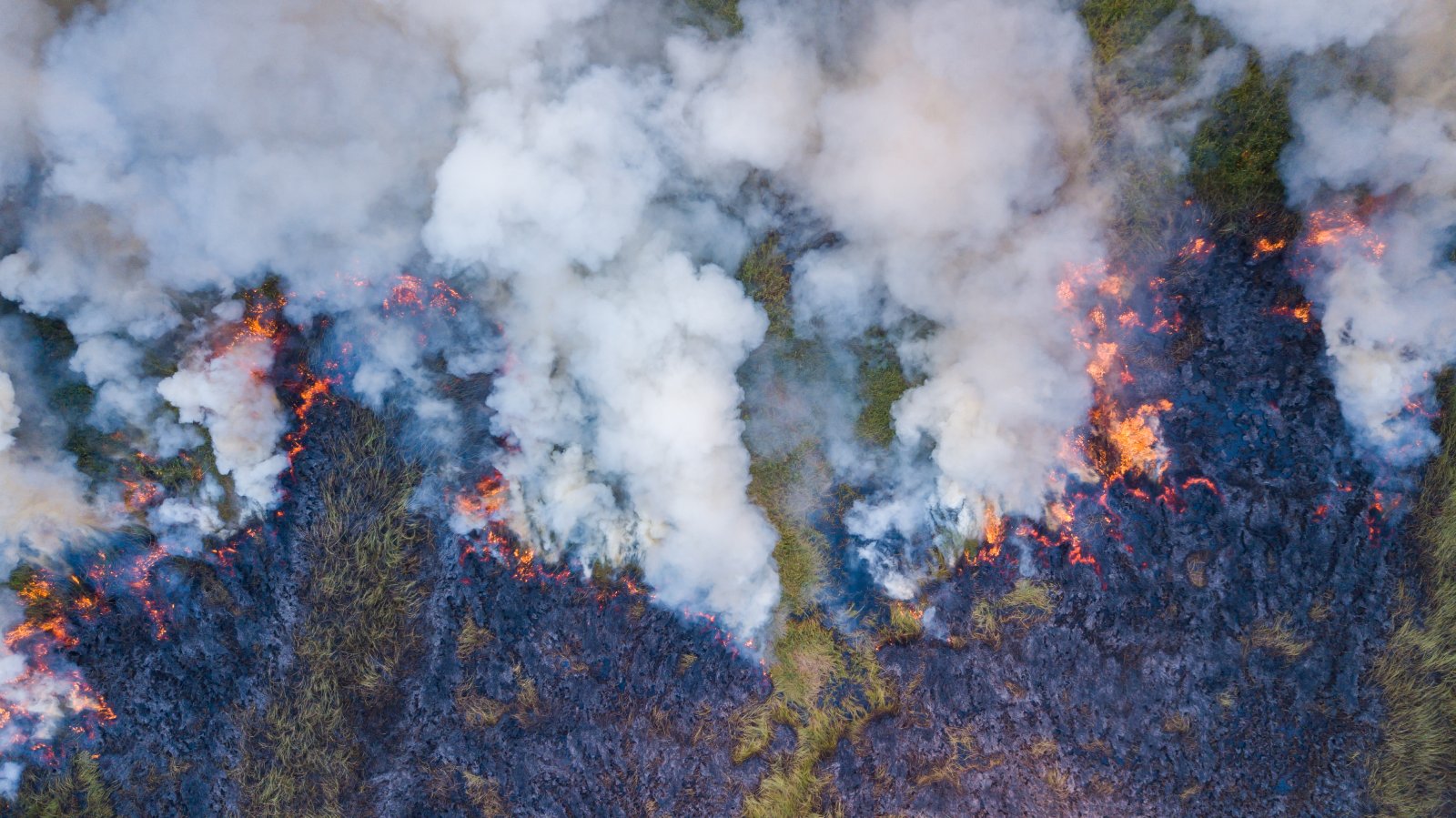
Wildfire smoke isn’t just a problem for those living near the flames. As the smoke travels, it affects air quality far beyond the immediate fire zones. Minnesota’s recent air quality monitors have registered dangerously high levels of pollution, triggering this unprecedented request to reduce driving and help protect public health.
Health Comes First
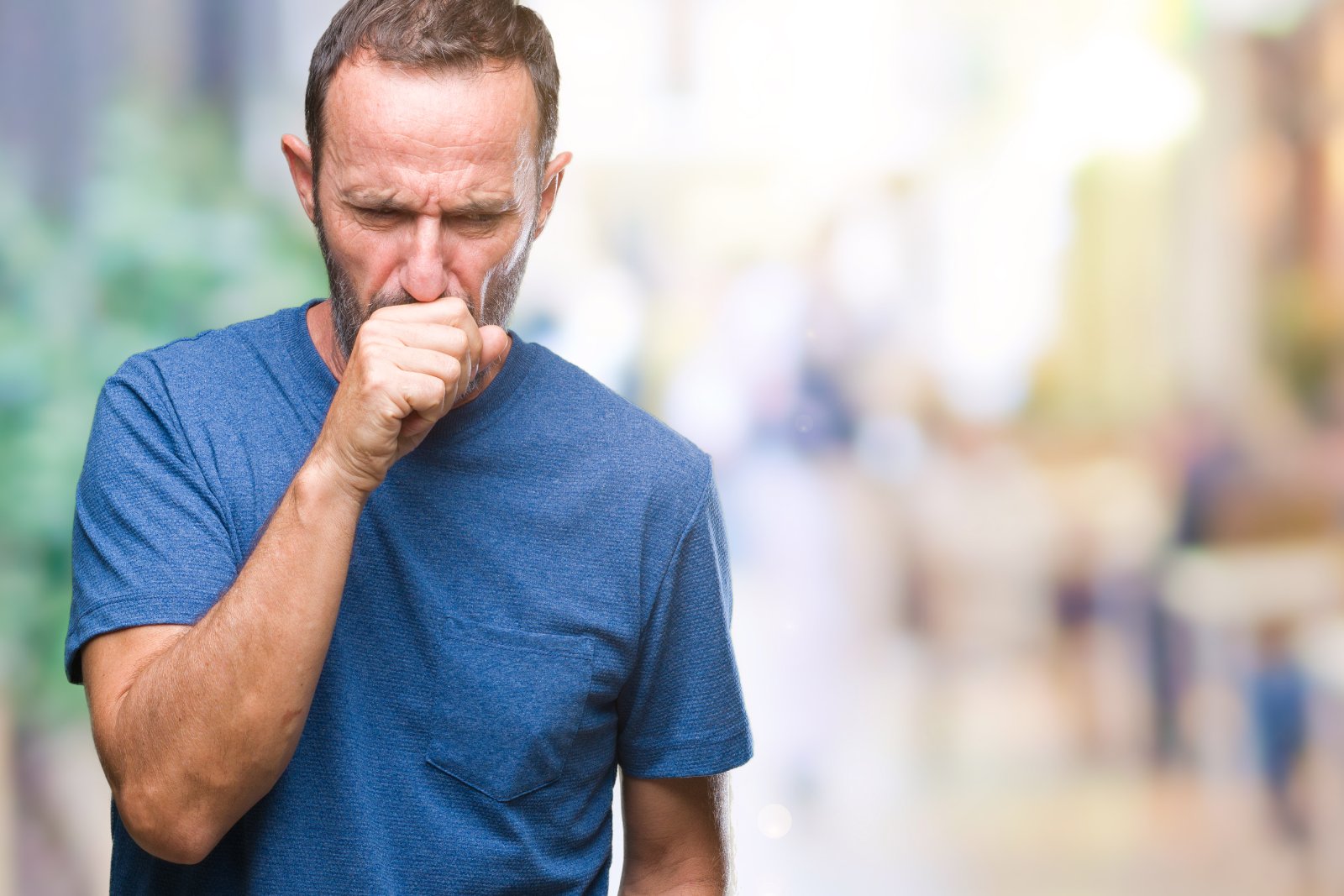
This is more than just an inconvenience—it’s a public health priority. The smoke is especially harmful to vulnerable populations, including children, the elderly, and those with preexisting respiratory conditions like asthma. Reducing vehicle emissions during this period is seen as a vital step in protecting the health of Minnesota’s residents.
Environmental Impact
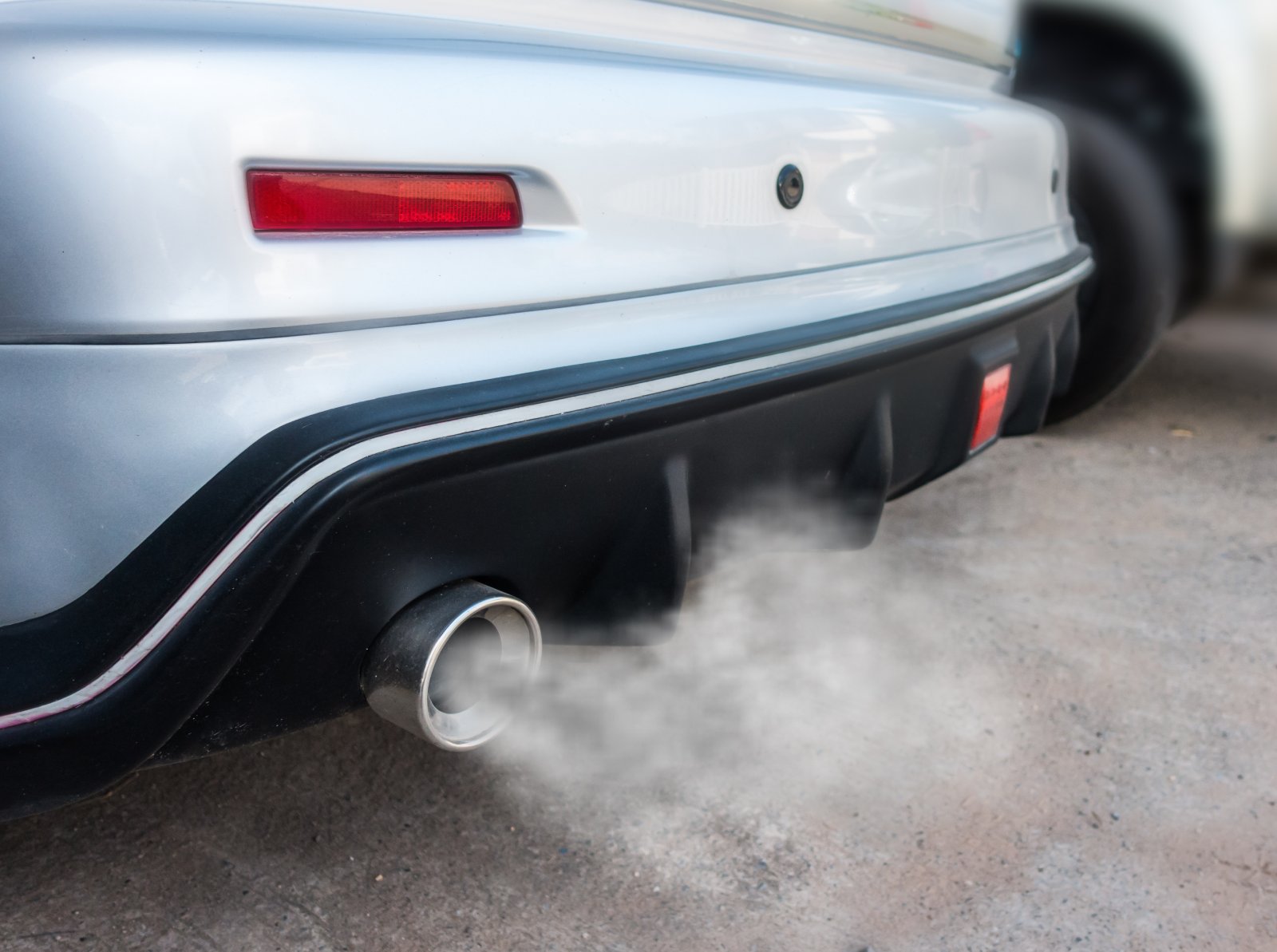
Beyond protecting human health, reducing car usage during this period also lessens the overall environmental impact. Wildfire smoke is already a significant pollutant, and adding vehicle emissions only exacerbates the issue. By asking Minnesotans to avoid driving, officials aim to curb the cumulative environmental damage.
The Role of Public Transportation

Public transportation is being promoted as a safer alternative during these three days. Buses, trains, and other forms of mass transit are expected to see increased usage as residents comply with the driving request. Using public transit not only reduces emissions but also helps keep the air cleaner for everyone.
The Science Behind the Request
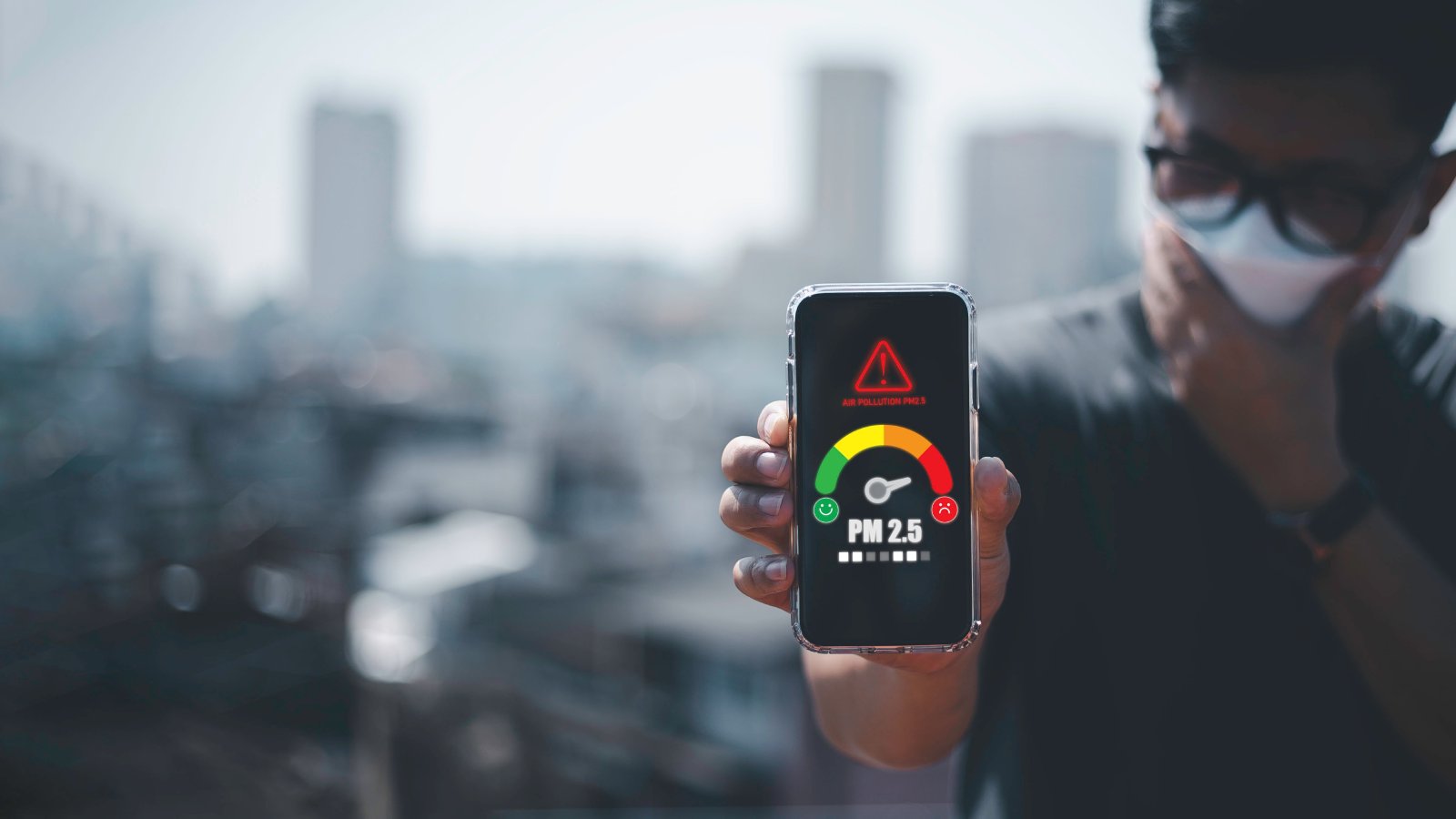
Air quality experts have long understood that car emissions are a major contributor to pollution. During periods of already compromised air quality, like those caused by wildfire smoke, the additional pollutants from vehicles can push air quality into dangerous territory. This science-backed request is designed to help keep pollution levels manageable and protect public health.
Community Response

The community response has been mixed. Some residents have expressed frustration at the disruption to their routines, while others recognize the necessity and are willing to comply. Social media is filled with discussions, tips on adapting to the request, and suggestions for telecommuting or organizing carpooling options.
Looking for Alternatives

Those in the affected areas are finding creative solutions. From dusting off bicycles to walking more, Minnesotans are discovering new ways to minimize car use while still managing their daily responsibilities. Some employers are offering flexibility, allowing employees to work from home to reduce the need for commuting.
A Temporary Sacrifice

The request to avoid driving is temporary, but its potential impact could be significant. By making this small sacrifice now, Minnesotans can help ensure better air quality and avoid longer-term health issues caused by prolonged exposure to polluted air.
Monitoring the Situation
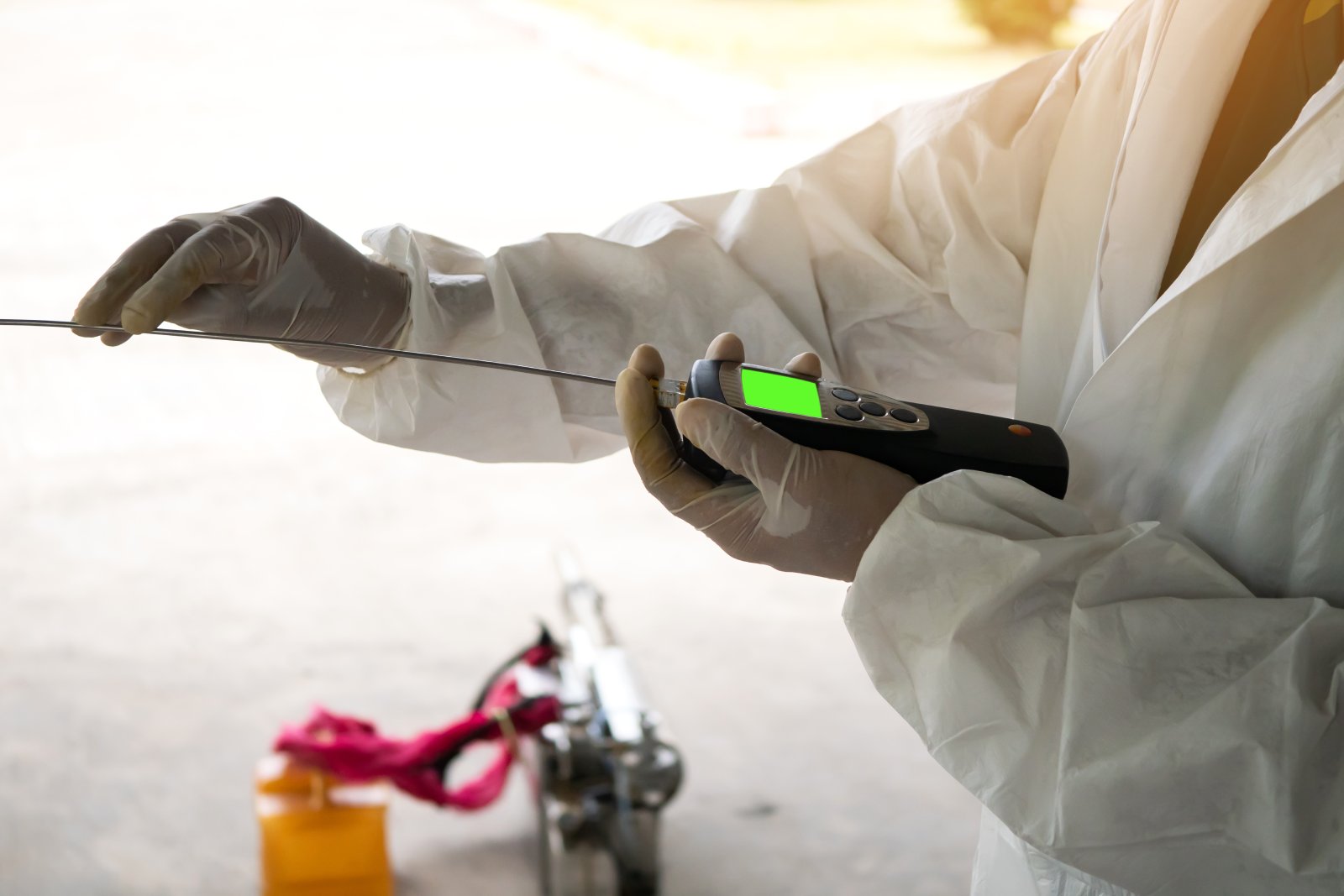
Officials are closely monitoring air quality levels and will reassess the situation after the three-day period. If conditions improve, the driving restrictions will be lifted. However, if the air quality remains poor, further measures may be necessary to protect public health.
Millennials Are Over It: 25 Reasons Woke Culture Is Losing Its Charm
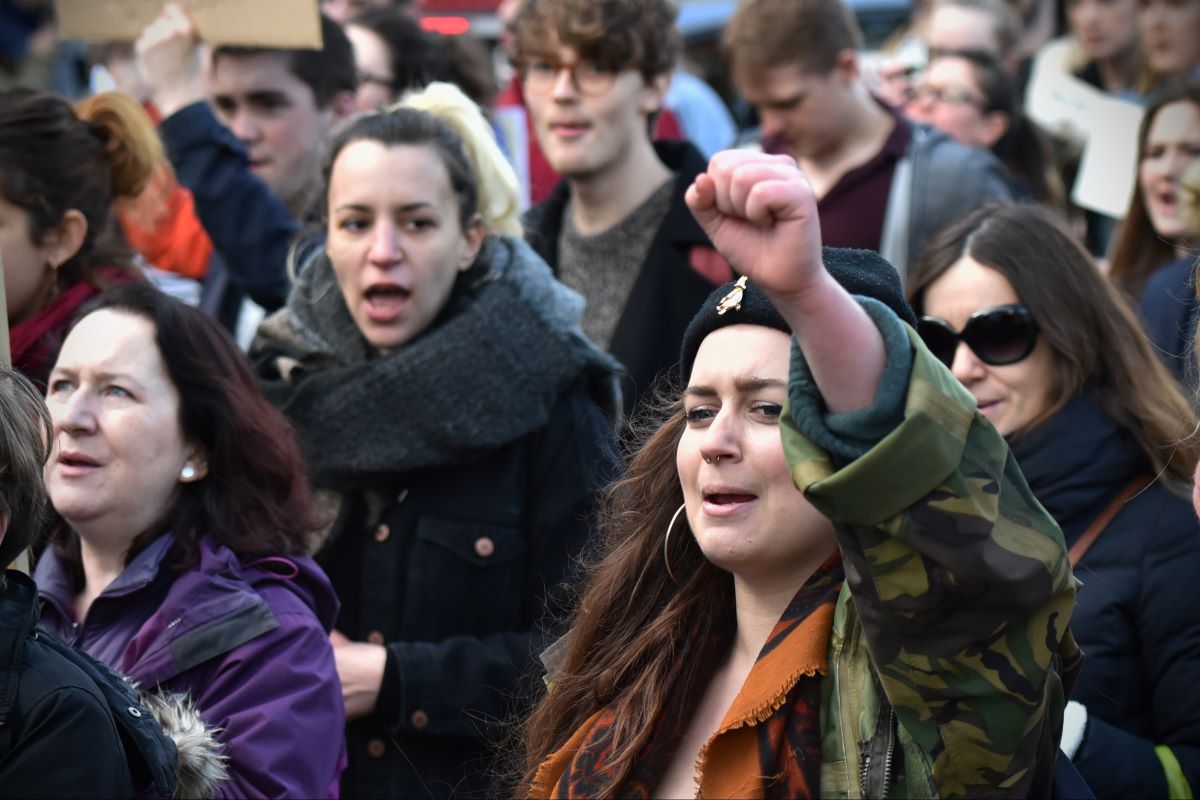
Has the push for progress tipped too far into preachiness? Here’s why many Millennials might think so. Millennials Are Over It: 25 Reasons Woke Culture Is Losing Its Charm
Is It Time Boomers Paid the Price for America’s Economic Inequality?

The American Dream feels more elusive than ever, especially for younger generations. What was once achievable through hard work now faces significant hurdles, from skyrocketing college costs to the challenging pursuit of homeownership. Here’s a look at why it’s tougher for Millennials and Gen Z compared to Baby Boomers. Is It Time Boomers Paid the Price for America’s Economic Inequality?
Rent Crash in California: Landlords Scramble as Prices Take a Hit
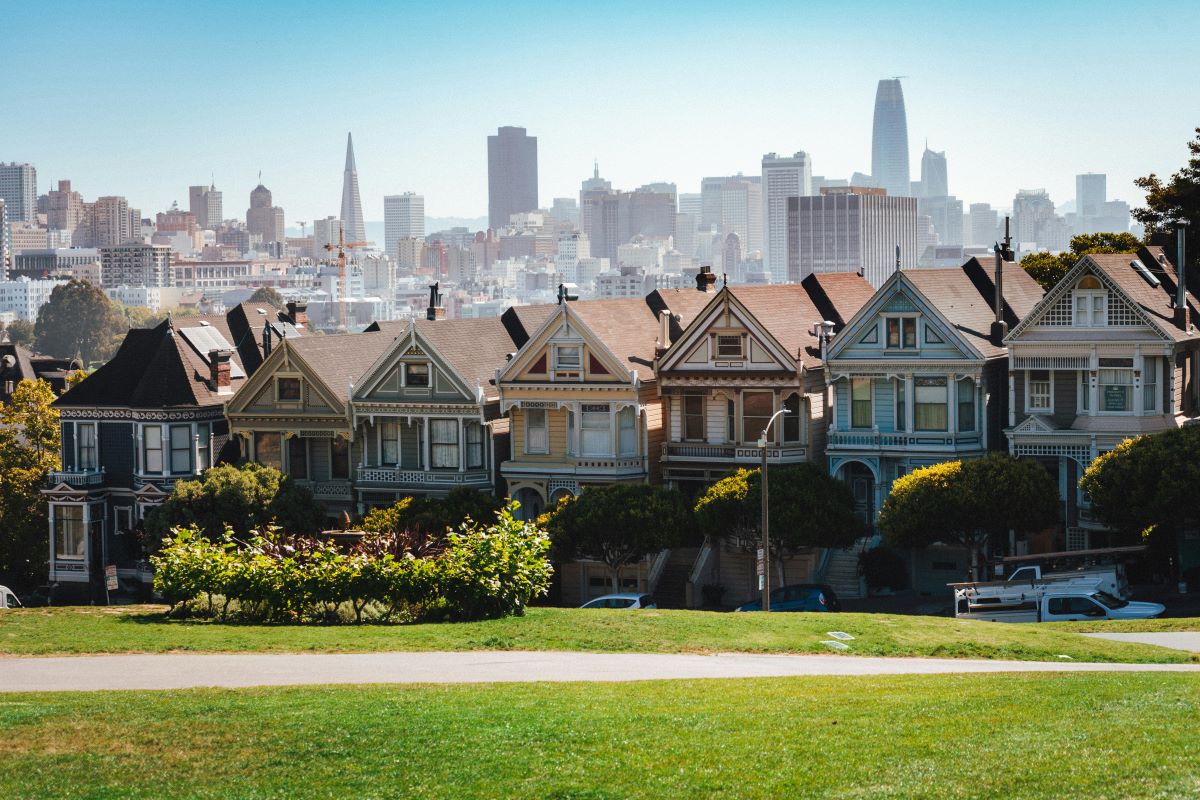
California’s rental market is taking a nosedive, with major cities seeing huge drops in rent prices. Rent Crash in California: Landlords Scramble as Prices Take a Hit
Featured Image Credit: Shutterstock / Hazal Ak.
The content of this article is for informational purposes only and does not constitute or replace professional advice.
The images used are for illustrative purposes only and may not represent the actual people or places mentioned in the article.
For transparency, this content was partly developed with AI assistance and carefully curated by an experienced editor to be informative and ensure accuracy.



